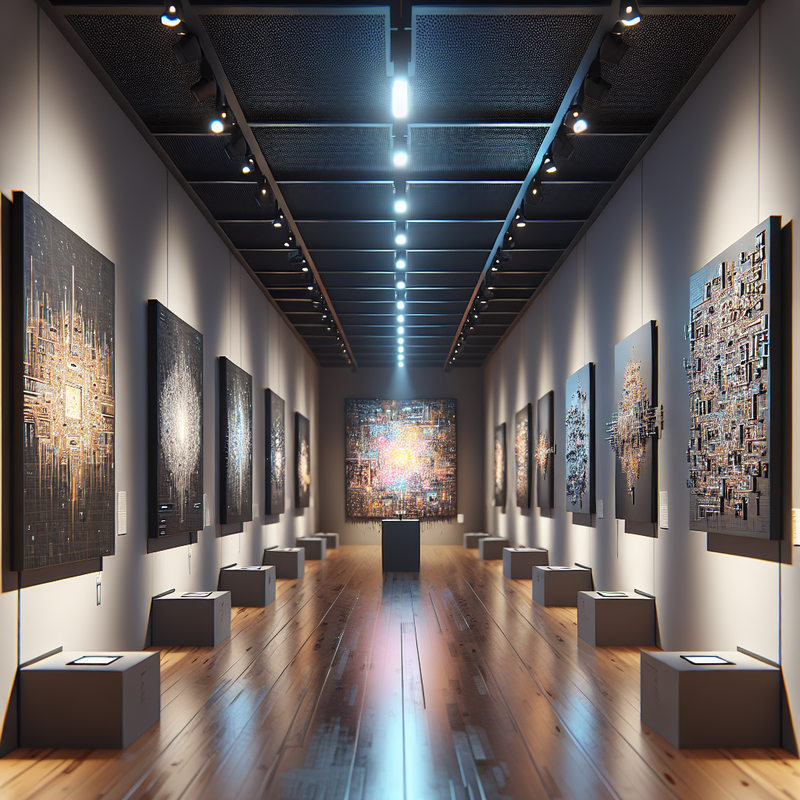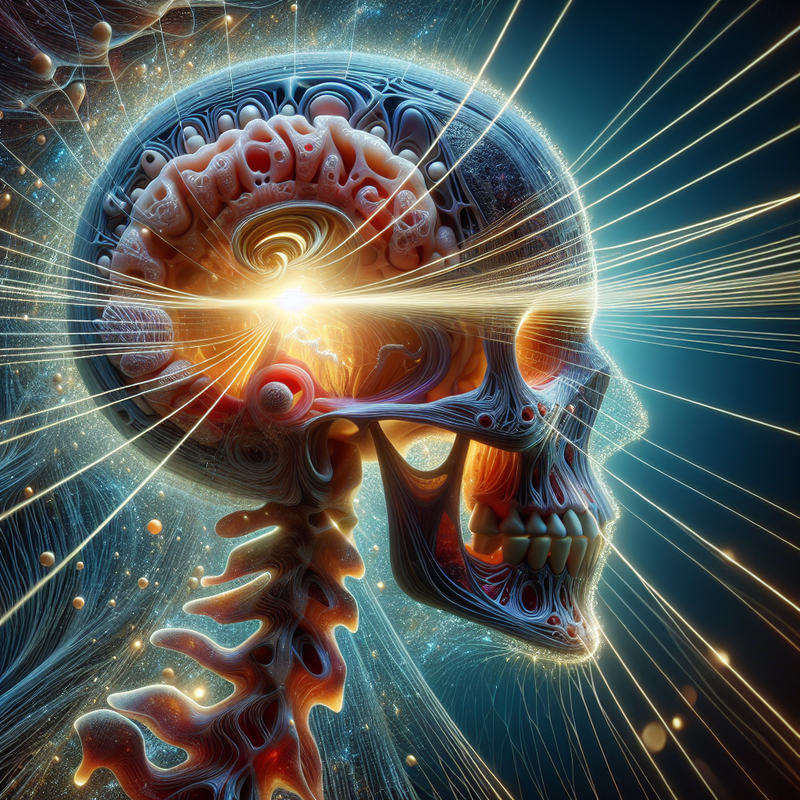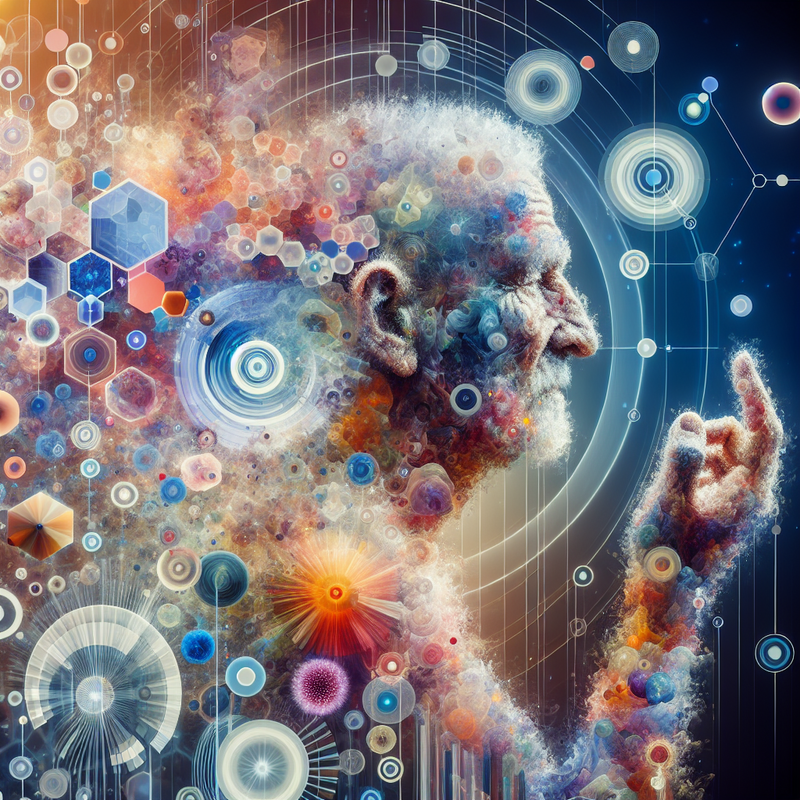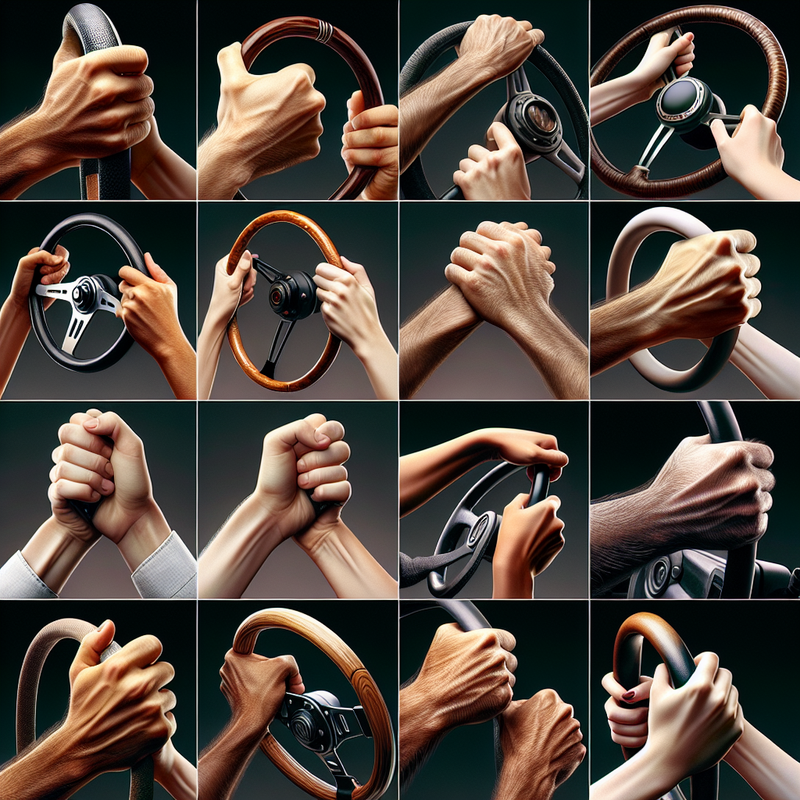Interpreting the Capabilities of AI in Verse-Making
Porter and Machery’s research tackled a fundamental yet intriguing inquiry: Is the caliber of AI-generated verse comparable to that which is produced by human poets? Through exposing a selection of poems to lay readers of poetry, the intention was to discover whether these individuals could identify the origin of the poems—whether they were created by AI or human hands.
Unexpected Outcomes in the AI vs. Human Poetry Comparison
Throughout experiments that enlisted the participation of more than 1,600 individuals, it was unveiled that many found it challenging to differentiate AI-derived poetry from pieces written by people. More strikingly, the AI-conceived poems weren’t just mistaken for human work—they were also preferred, particularly when authorship was unknown. These poems often received higher marks for aspects like rhythm and aesthetic appeal, leading participants to incorrectly assume they were crafted by humans.
The simplicity found in the AI-produced poetry, which candidly expressed emotions and notions, resonated more easily with readers untrained in poetry, leading them to favor it. Conversely, the complexities of human-written poems were sometimes misperceived as being disjointed.
The Emergence of the “More Human Than Human” Effect
What came to light was the “more human than human” effect—an inclination for people to associate a human touch with AI-created content due to its pleasant attributes. The study sheds light on universal but imperfect cognitive shortcuts that can shape our recognition of AI-generated creative endeavors.
Influence of Expertise on Identifying AI-Created Poetry
The study also denoted that a background in poetry didn’t notably improve the capacity of participants to spot AI-created content. This highlights the nuanced advancement of AI systems in generating poetry that even literature aficionados find confounding.
Redefining Creativity and Authenticity in the Age of AI
The discoveries brought forward here invigorate debates regarding AI’s rapidly growing abilities and provoke profound inquiries about the essence of innovation and authenticity within the creative realm. With AI encroaching on areas traditionally governed by human ingenuity, conventional beliefs about what constitutes artistic merit are being challenged.
Dawn of AI-Driven Literary Expression
These findings indicate a paradigm shift where AI-crafted content is increasingly recognized as on par with human output. As artificial intelligence continues its forward march, the way we perceive, engage with, and esteem AI-generated art is poised to undergo significant reformation.
In a world growing ever more dependent on AI for assorted tasks, this research calls for a thoughtful re-examination of the role of AI in the creative sphere and prompts important discourse on the ethical implications of such technologies in the realms of art and literature.







